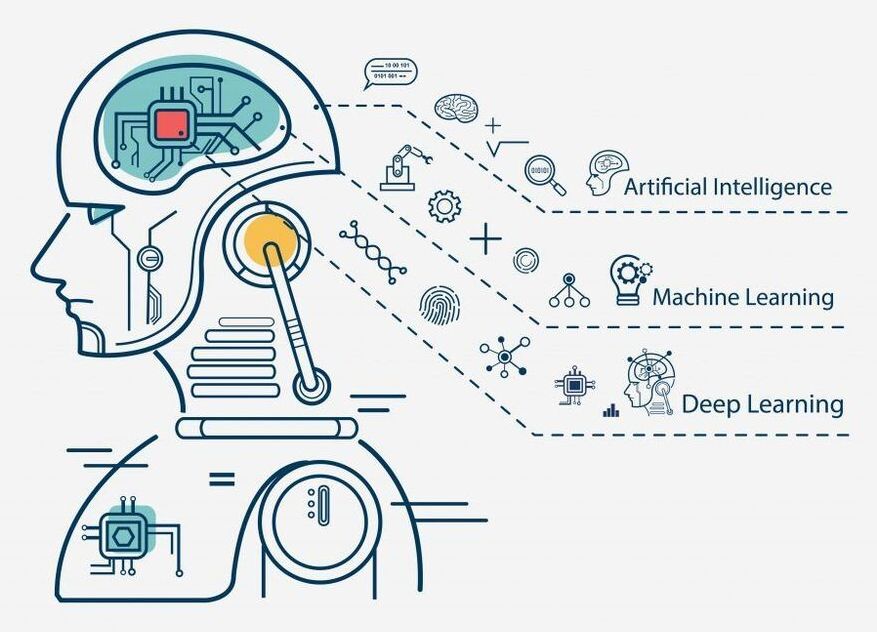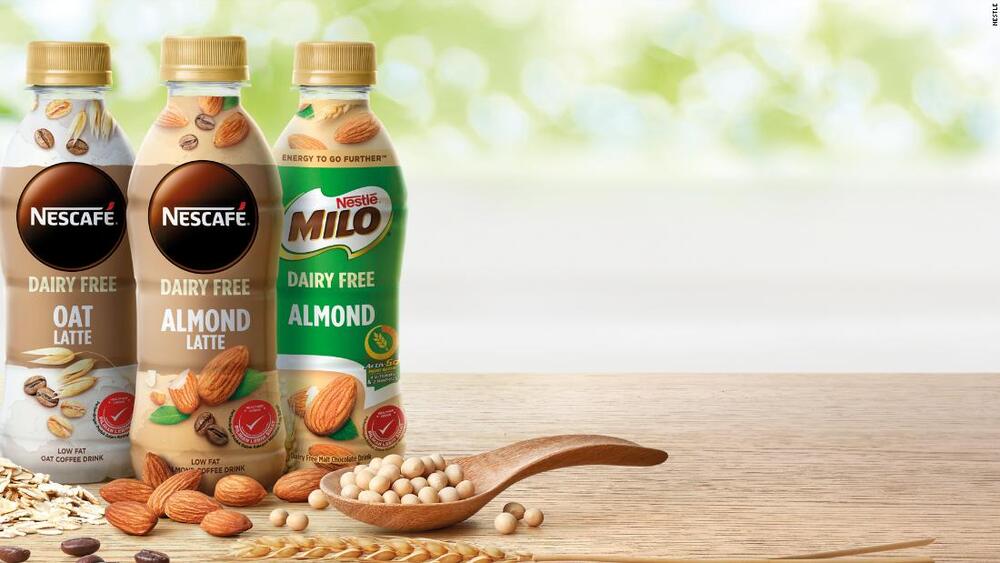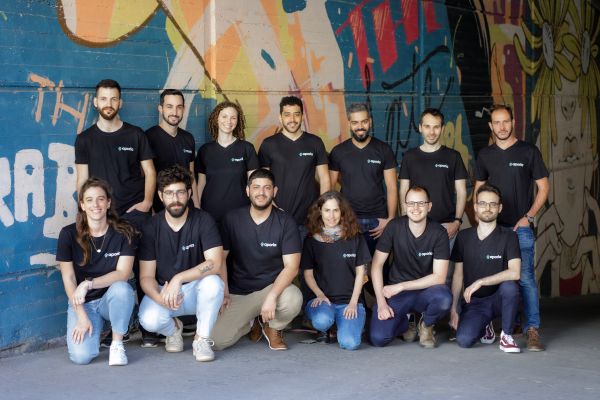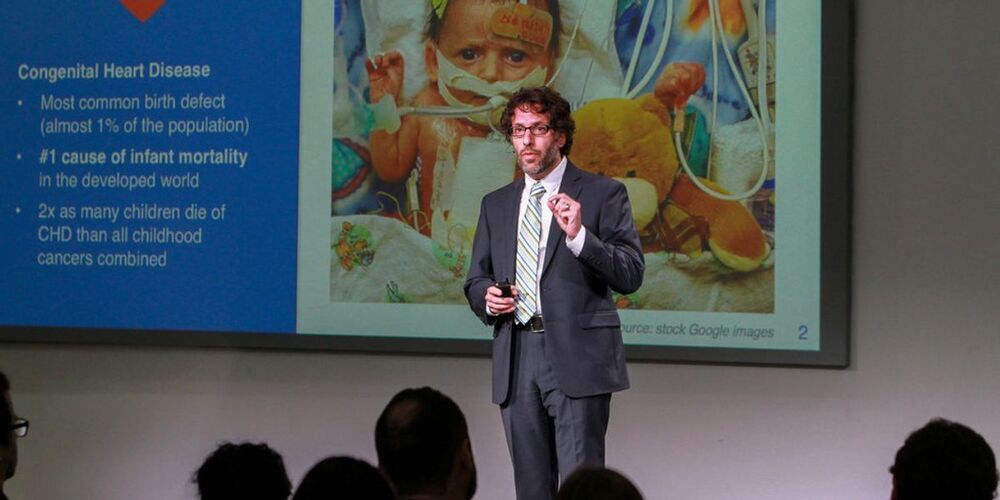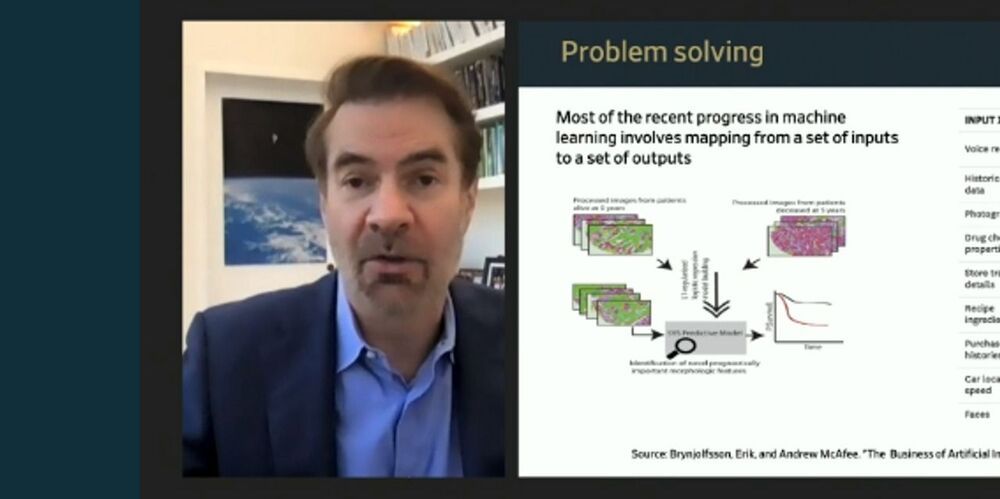Food is big business.
In the U.S., the weight-loss industry is worth $78 billion.
Meat is worth $218 billion.
Sugar processing is worth $11 billion.
Soybeans are worth $65 billion.
As a point of comparison, the U.S. cigarette industry is worth about $50 billion.
We are kidding ourselves if we think that corporate interests have no effect on nutrition research. For example, Coca-Cola spent “$132.8 million on scientific research and partnerships over a five-year period” from 2010 to 2015 as a part of a campaign to absolve sweetened beverages of contributing to America’s obesity epidemic. (And it worked.)
In 2003, when I was roughly 14, my parents sat my brother and me down at the kitchen table. “We’re going to make a lifestyle change as a family,” they said.
I already knew that “lifestyle change” was code for “diet.” My parents—like many well-educated, upper-middle-class Americans—were frequently reevaluating their food choices throughout my childhood. I can remember phases of forgoing beef, milk, and fish, all for fears of lifestyle diseases. This time, our newest lifestyle change was coming for fruit.
In pace with every other time we’d changed our diet, my father presented a book: Dr. Atkins’ New Diet Revolution. My brother wasn’t old enough to read it, but I was.

